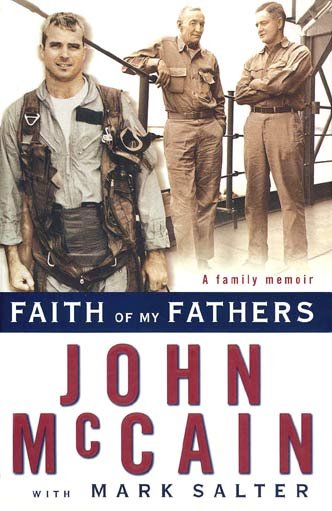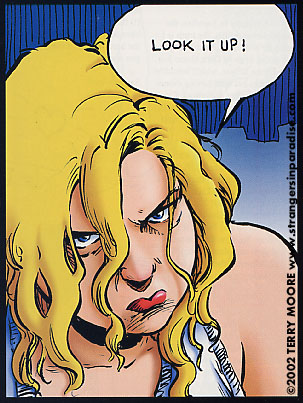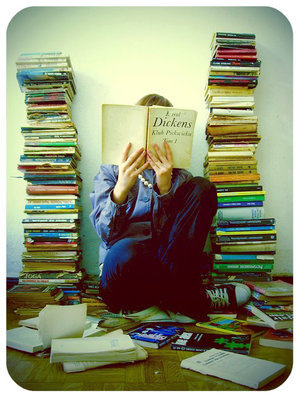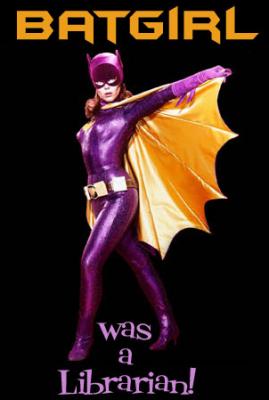
McCain's descriptions of his grandfather (who was a navy pilot known affectionately as Popeye by the sailors who served under him) and his father (a navy submarine commander) are interesting and balanced. He tells stories of them concerning their devotion to duty and courage, and yet also lets you see some of their flaws; their hard drinking and salty language. Both of these men rose to the rank of four-star admiral, making the McCain's the first family in American history to achieve this honor. McCain's fathers final assignment was as commander of all U.S. forces in the Pacific during Vietnam.
McCain was groomed from an early age to join the naval academy and says he never really thought of any other life path. McCain is very honest about what a poor academic record he had as a cadet and his hell-raiser attitude is not played down in this book. It was while he was serving in the Vietnam War, and shot down over Hanoi in 1967, that he would face his most difficult challenges. When his captors realized he was the son of a top commander, they offered him early release in an effort to embarrass the U.S. Acting from a sense of honor taught to him by his father and grandfather, he refused. He was tortured and held in solitary confinement for over five years.
He says that for someone who had long asserted his own individuality as his first and best defense against insults of any kind, that he discovered that faith in himself proved to be the least formidable strength he possessed when confronting organized inhumanity on a greater scale than he had conceived possible. He discovered that faith in himself was important, and remained important to his self-esteem, but he also discovered in prison that faith in himself alone, separate from other, more important allegiances, was ultimately no match for the cruelty that human beings could devise when they were entirely unencumbered by respect for the God-given dignity of man.
He said that in prison, he fell in love with his country. That he had always loved his country, but like most young people, his affection was little more than a simple appreciation for the comforts and privileges most Americans enjoyed and took for granted. It wasn't until he had lost America for a time that he realized how much he loved her.
And it was what freedom conferred on America that he loved the most--the distinction of being the last, best hope of humanity; the advocate for all who believed in the Rights of Man. Freedom is America's honor, and all honor comes with obligations. We have the obligation to use our freedom wisely, to select well from all the choices freedom offers. We can accept or reject the obligation, but if we are to preserve our freedom, our honor, we must choose well.
This book is about the lessons learned from his experience. Lessons that are very relevant to combatting the apathy and darkness prevalent in today's world.









































No comments:
Post a Comment